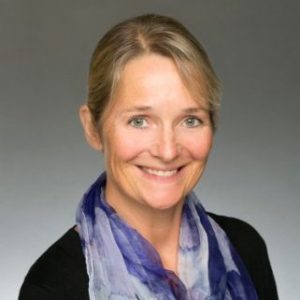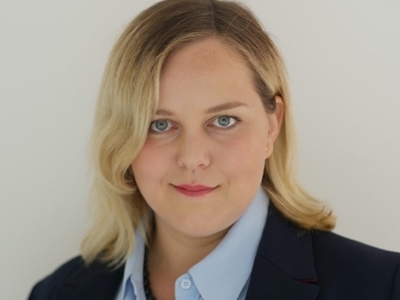 The UK needs to recruit thousands of women into the engineering sector in order to advance the new technologies that are becoming available to the world. This was the stark warning from the first female president of the Institution of Engineering and Technology (IET), Naomi Climer.
The UK needs to recruit thousands of women into the engineering sector in order to advance the new technologies that are becoming available to the world. This was the stark warning from the first female president of the Institution of Engineering and Technology (IET), Naomi Climer.
Engineering is advancing at a considerable speed and there has been a significant improvement in areas such as robotics, renewable energy and materials. New technology is taking a focus on aiding our daily lives with progression in prosthetic limbs and apps that will improve life for the elderly.
However, Climer argues that Britain will be left behind in these advancements if we do not encourage more of the female population to enter the industry. Climer said, “In the past, most professions – including medicine and engineering – were predominately male domains. Today many have been transformed and employ large numbers of women. For example, jobs in medicine are now divided fairly evenly between sexes. By contrast, engineering has remained stubbornly stuck in the past. Men still hold down 94% of jobs. That is simply not acceptable. Indeed, it is harmful. We cannot hope to recruit the numbers of engineers we need in the near future if we are effectively excluding half the population from taking part.”
Women currently represent just 7 percent of the engineering industry – the lowest throughout the European Union. This is despite a number of campaigns to boost numbers.
Earlier this year the union, Unite, launched a campaign called, ‘Thinking about an apprenticeship’, which was targeted specifically at women considering engineering and science subjects. The aim was to get like-minded women talking about working within this environment and dispelling some of the myths.
Climer argues that parents and teachers need to do more to dispel the myths and stereotyping of working in the engineering sectors. She continues, “What so many young people don’t realise is that engineering will give you work wherever you want: in the office or out of doors; on your own or as part of a team; working with computers or without them. You could work with food, chemicals, machines, electronics, bridges or railways or design software. It is an amazing range. Young people need to be made aware of that.”
Climer was recently appointed as president of the IET, the largest engineering institution of its kind. She was previously the former head of Sony’s Media Cloud Services, with a degree in chemistry from Imperial College London. She became an engineer in 1987 as a result of the BBC campaigning and encouraging more women to join the profession.








